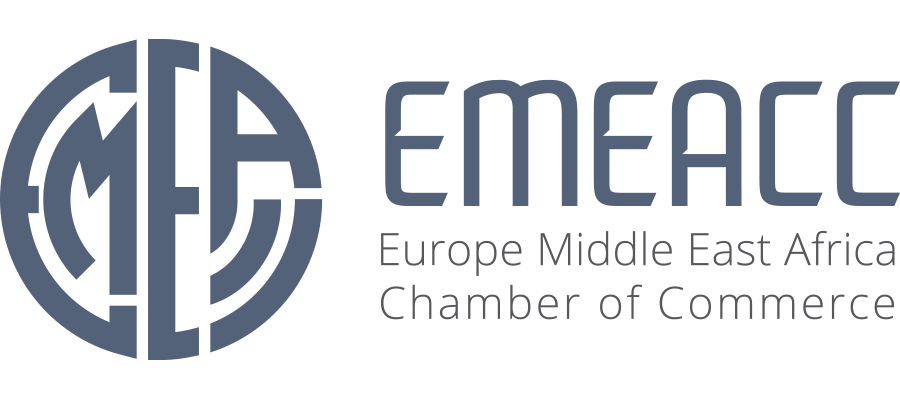Boards assist in making strategic decisions and oversee businesses. They offer expertise where the business owner is in need of, or to lead the company to the next stage of growth and success.
The most successful companies have boards that are strong, flexible and able to face the challenges of our time. These boards can function as « voices » of shareholders and ensure the company is in line with its long-term goals. They can spot dangers and ensure that the organization is in Corporate Boards compliance with regulatory requirements, and also future legislative requirements or societal expectations.
As our world becomes increasingly digital, boards are expected to consider the social impact of their companies’ operations. This means ensuring that the company is morally and ethically accountable and protecting the rights its stakeholders. These responsibilities are growing more complicated and require the ability to act swiftly to respond to change.
Modern boards are now involved proactively in sustainability strategies, financial strategies initiatives, leadership development, succession planning, as well as building culture and management of brand. These more extensive activities highlight the need for a more forward-looking model of governance. Boards will also have to overcome their resistance to adopting a position on issues and join with the management team in productive disagreement. This is often required due to the increasing environmental and societal pressures. As a result, the structure of corporate Boards has dramatically changed. It is essential that business owners are aware of these changes, and ensure that their boards keep up with the demands of today’s competitive environment.
